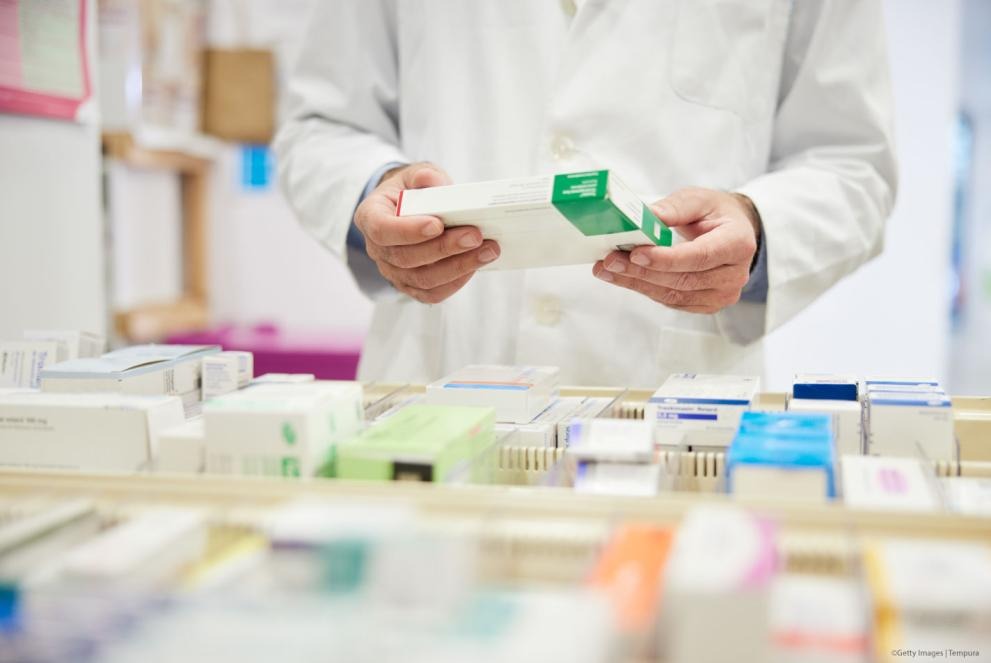Dado que el mundo se enfrenta a brotes cada vez más frecuentes, al aumento de la resistencia a los antimicrobianos y a los crecientes desafíos derivados del cambio climático, la degradación del medio ambiente y la inestabilidad geopolítica, la UE está adoptando medidas proactivas para proteger a las personas de las amenazas para la salud. Dichas amenazas pueden deberse a pandemias, amenazas QBRN accidentales o intencionadas o conflictos armados. Para mantener el ritmo de estos riesgos emergentes, la UE se propone dar prioridad al desarrollo de: Vacunas contra la influenza de próxima generación. Nuevos antibióticos para combatir la resistencia a los antimicrobianos. Antivirales contra enfermedades transmitidas por insectos. Contramedidas de uso dual para amenazas químicas, biológicas, radiológicas y nucleares (QBRN).
As part of the first deliverables of the Preparedness Union Strategy, the Commission has launched the new Medical Countermeasures Strategy (MCM). It will support the European Union’s quick and effective response to future health emergencies.
With the world facing increasingly frequent outbreaks, rising antimicrobial resistance (AMR), and growing challenges from climate change, environmental degradation and geopolitical instability, the EU is taking proactive steps to protect people from health threats. Such threats could be due to pandemics, accidental or intentional CBRN threats or armed conflicts.
To keep pace with these emerging risks, the EU aims to prioritise the development of
- Next-generation flu vaccines
- New antibiotics to fight antimicrobial resistance
- Antivirals targeting insect-borne diseases
- Dual-use countermeasures for chemical, biological, radiological, and nuclear (CBRN) threats
By supporting innovation, the MCM Strategy will also contribute to reinforcing the competitiveness of the EU’s health and biotech sectors.
The MCM strategy will help making Europe healthier, safer and better prepared.
Faster and Equitable Access to Critical Medical Tools
At its core, the strategy is about ensuring that lifesaving tools – such as vaccines, treatments, diagnostic tests, and protective equipment – are readily available and accessible when emergencies strike. It supports development, production, stockpiling, and takes an all-hazards approach to cross-border health threats, whether of natural, accidental, or deliberate origin.
Key Actions
The strategy is built around four key pillars:
Surveillance and intelligence
- Creating an EU-wide list of priority countermeasures supported, among others, by wastewater monitoring systems at both EU and international levels and a medical countermeasures intelligence system.
Accelerating innovation and scaling up manufacturing
- Launching a Medical Countermeasures Accelerator, establishing development hubs for therapeutics and diagnostics, and investing in AI-driven research.
- Developing flexible and scalable manufacturing through partnerships like RAMP-UP, a Rapid Agile Manufacturing Partnership for Union Protection.
Ensuring access, availability, and rapid deployment
- Improving stockpiling practices, defining clear crisis procurement guidelines, reserving ever-warm production capacity that can be rapidly activated to selected vaccines in the event of emergency. and supporting mobile, ready-to-use laboratories.
Coordination and Preparedness
- Fostering international partnerships, strengthening collaboration across public and private sectors, enhancing civil-military cooperation, and ensuring that health systems and citizens can respond swiftly and effectively.
With this strategy, the European Commission helps deliver on the EU’s commitment to stronger health security and preparedness – so that when the next crisis comes, Europe will be ready to respond, recover, and protect lives.
Fuente: https://health.ec.europa.eu


